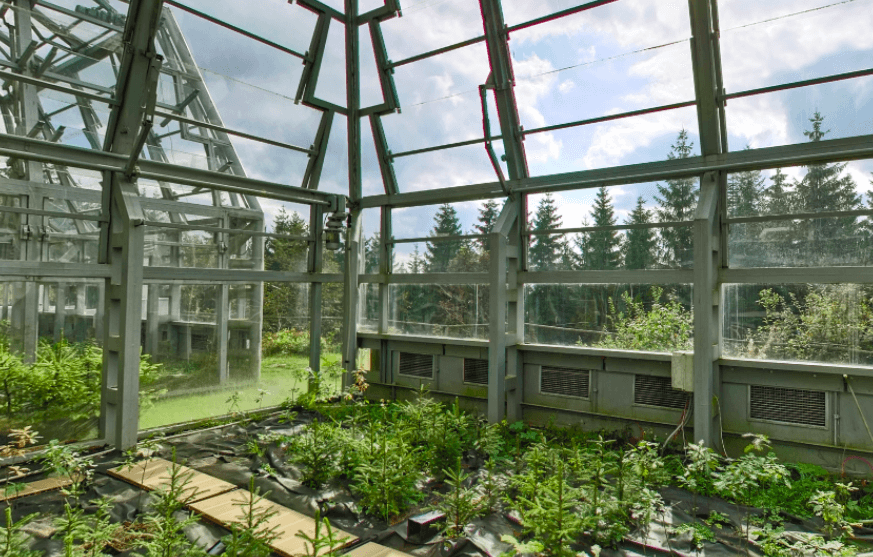Provider: Ministerstvo školství, mládeže a tělovýchovy
Recipient: Ústav výzkumu globální změny AV ČR, v. v. i.
Keywords: atmosférická depozice; biodiversita; biopaliva a bioenergetika; aklimace a adaptace na změny klimatu; klimatologie a meteorologie; ekologie; ekologická fyziologie rostlin a metabolomika; dálkový přenos skleníkových plynů
Web of the project:
http://www.czechglobe.cz/cs/projektove-stranky/...
Detail of project in RVVI:
RVVI
Annotation of project: - The primary objective of the CzechGlobe project is deep expert knowledge of the Global Climatic Change (GCC) issues and on the development of processes that would help eliminate the GCC impacts or help adapt to its effects. The resolution of the CzechGlobe project stems from three basic questions: 1. To what extent is the biosphere of the Earth able to absorb evincible residue of carbon dioxide, which is induced into the atmosphere by humans and thus possibly leading to negative impacts on the greenhouse effect? 2. Are terrestrial ecosystems really the most vulnerable part of carbon sinks of the planet Earth? 3. Is the development of human society in the context of the Global Climate Change sustainable? The research and application objectives: RP1: Development of tools for modelling of climate extremes, tools for construction of climate change scenarios, development of regional climate model with very high spatial resolutions and creation of spatial study of GCC effects on controlled ecosystems. RP2: Development of methodologies aiming to increase the ability of ecosystems to sequester CO2 from the atmosphere and to deposit carbon on the basis of long-term monitoring of greenhouse gases, methodologies of measures reducing negative impacts of GCC on hydrological and biogeochemical cycles of forest basins, development of remote sensing (RS) methods for the production of maps of biochemical and biophysical parameters of vegetation and ecosystems as indicators of carbon cycle processes and the effects of stress factors, development of methodologies reducing the negative impacts of GCC on biodiversity. RP3: Methodologies of management of plant adaptation and regulation mechanisms connected with GCC impacts reducing the vulnerability of ecosystems to ongoing changes.




